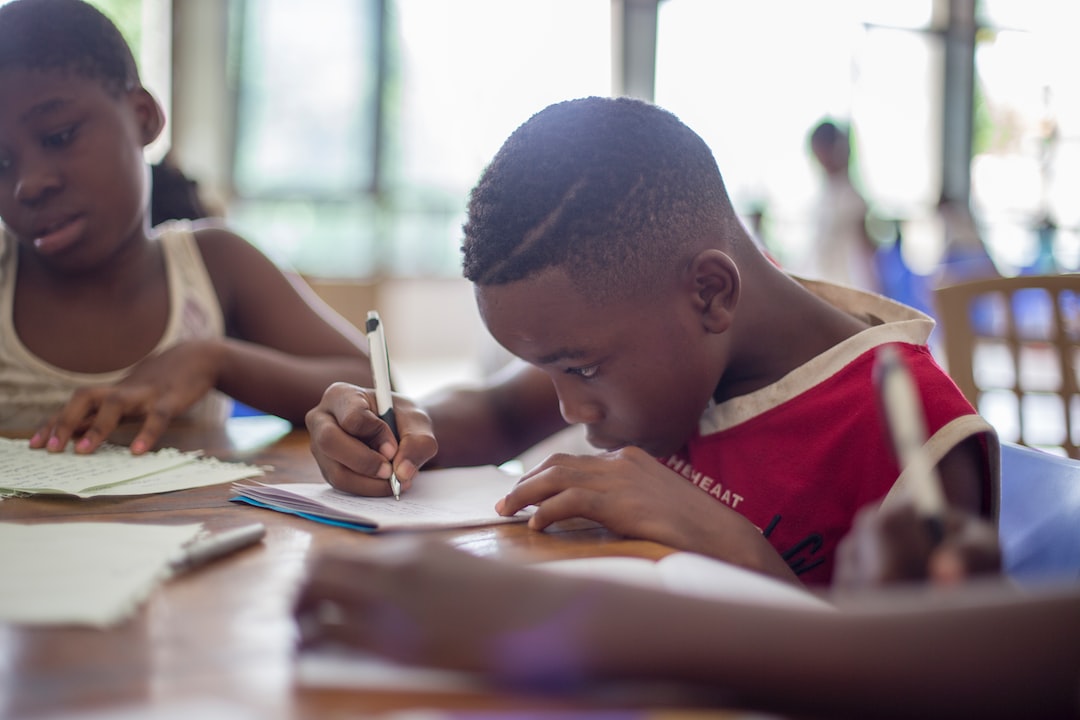Why Physical Education is Essential in Schools
Physical education, or PE, is often overlooked and undervalued in schools. With the increasing focus on academic subjects and the pressure to perform well in standardized tests, physical education has taken a back seat in many educational institutions. However, it is important to recognize the significance of physical education in schools as it plays a crucial role in the overall development and well-being of students. In this blog post, we will explore why physical education is essential in schools.
One of the primary reasons why physical education is essential in schools is its impact on the physical health of students. Engaging in regular physical activity from a young age promotes good physical fitness and overall health. It helps to prevent obesity, reduce the risk of chronic diseases such as diabetes and cardiovascular diseases, and improve the overall strength and endurance of students. By incorporating physical education into the school curriculum, we can encourage students to lead an active lifestyle and develop healthy habits that will benefit them throughout their lives.
Physical education also plays a significant role in promoting mental health and well-being among students. Regular physical activity has been proven to release endorphins, also known as “feel-good hormones,” which can reduce stress, anxiety, and depression. It provides an outlet for students to manage their emotions and release pent-up energy. Physical education classes also offer an opportunity for students to socialize, interact with their peers, and develop social skills such as teamwork, cooperation, and leadership. The positive social interactions fostered during physical education classes contribute to the overall mental well-being of students.
Incorporating physical education into the school curriculum also has academic benefits. Numerous studies have shown a positive correlation between physical activity and academic performance. Physical activity helps to improve cognitive function, memory, attention span, and problem-solving skills. It enhances brain function by increasing blood flow to the brain and promoting the growth of brain cells. By participating in physical education classes, students can experience improved concentration and focus, leading to better academic achievements.
Furthermore, physical education plays an essential role in teaching students important life skills. It promotes the development of essential skills such as discipline, perseverance, and goal-setting. Through consistent physical activity and training, students learn the value of hard work and the importance of setting and pursuing goals. These life skills are transferable to other areas of their lives, such as academics, career, and personal relationships. Physical education provides a platform for students to challenge themselves, overcome obstacles, and develop a growth mindset.
Another crucial aspect of physical education is promoting inclusivity and diversity. Physical education offers a level playing field for students of all abilities, skill levels, and backgrounds. It provides an equal opportunity for students to participate, regardless of their athletic abilities. Inclusion in physical education classes not only promotes acceptance and understanding but also helps to combat discrimination and bias. By engaging in physical activities together, students can develop empathy, respect for diversity, and appreciation for differences.
Lastly, physical education can serve as a tool for reducing behavioral issues in schools. Participating in physical activities allows students to channel their energy in a positive and productive manner. It helps to reduce restlessness, hyperactivity, and aggression, which are common behavioral issues among students. Regular physical education classes can provide an outlet for students to release their energy and alleviate stress, ultimately leading to a more peaceful and conducive learning environment.
In conclusion, physical education is essential in schools as it promotes physical health, mental well-being, academic performance, life skills development, inclusivity, and behavior management. It is imperative for educational institutions to prioritize physical education and provide ample opportunities for students to engage in regular physical activities. By doing so, we can ensure the holistic development and well-being of students and empower them to lead healthier, more fulfilling lives.

